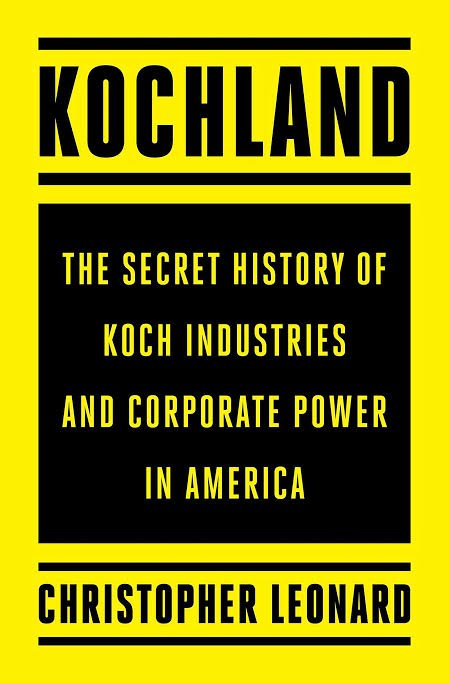
Over the last few years, quantitative value investing has been denigrated relentlessly. The main criticism is that in an intangibles-heavy world, using book value as a measure of a company's worth is misguided. That is true! But these criticisms make one flawed assumption.
They assume that quant practitioners build value portfolios they way Fama and French first described them in 1992. No actual portfolios today hold stocks simply because of low p/b ratio. Why? Because accounting rules don't correctly capture the value of intellectual property.
Consider this. Facebook's 2020 balance sheet shows intangible assets of just $623 million. This is after FB spent a staggering $40+ billion on R&D in the last 3 years. Surely, FB's intangible assets are considerably higher than the listed $623 million.
The flip side is that not all R&D spend creates intangible assets of permanent value. Given the nature of tech, these assets also lose value quickly. It's not as if FB can stop R&D spending and still continue to make as much money as it does. R&D can't be capitalized forever.
But here's the thing. Quant investors understand all this. And they spend a lot of time and energy figuring out the best ways to measure value. One way is to combine several different measures of value. If done well, this makes strategies quite robust.
The other thing is that quant value is not the same as Buffett's value. Neither is it an attempt to find the next Google or Facebook. It is simply an assertion that buying earnings or assets for lower than average prices tends to generate higher than average returns.
Quant value works because people periodically lose their collective minds and chase dreams instead of earnings. Some of those dreams do come true. But on average, having paid the price they pay, the returns from chasing these dreams are not that high after all.
On the other hand, when some company begins to do poorly, people assume the worst. Prices collapse far more than the fundamentals ever do. And some do go down to zero. But on average, most businesses bounce back to reasonable levels of performance. And so do their prices.
So quant value is simply an expression of an age old saying - nothing is as good or as bad as it seems at first. Sounds like a good idea to invest in.
• • •
Missing some Tweet in this thread? You can try to
force a refresh





